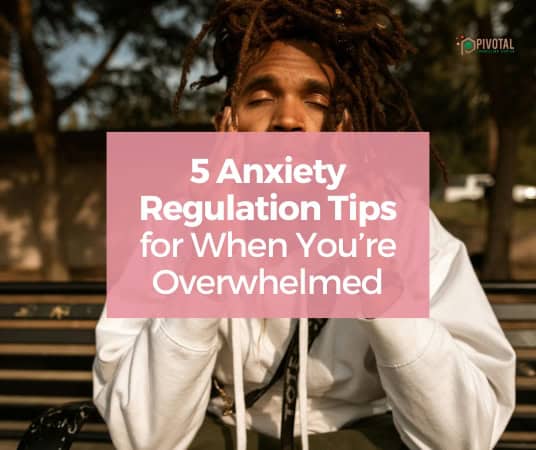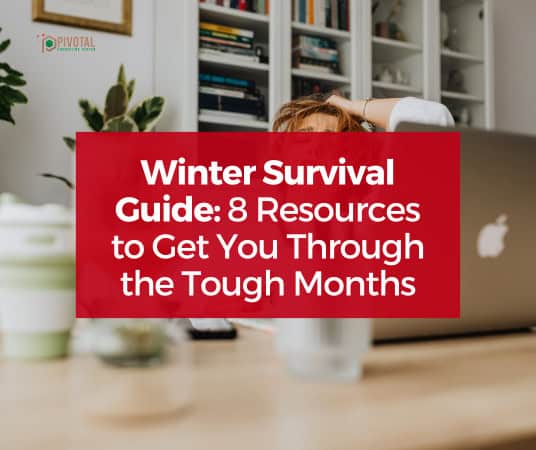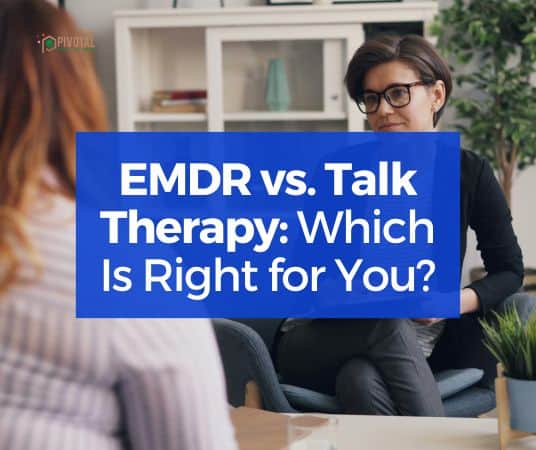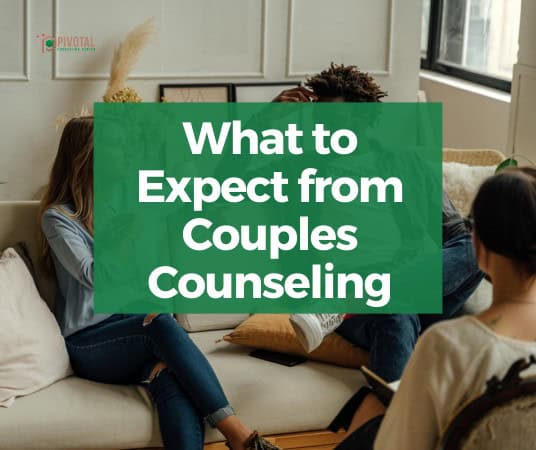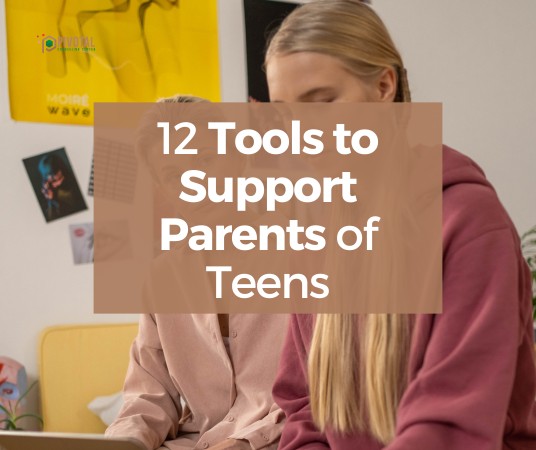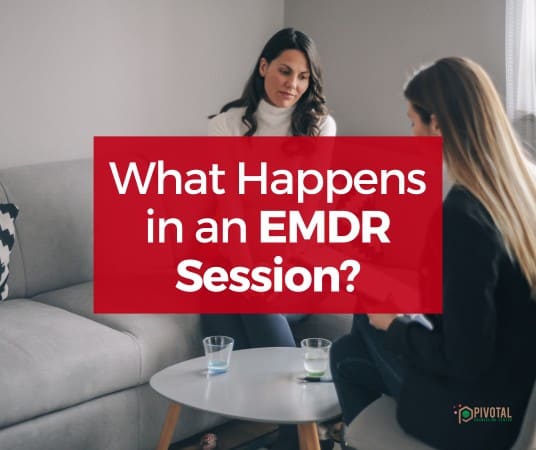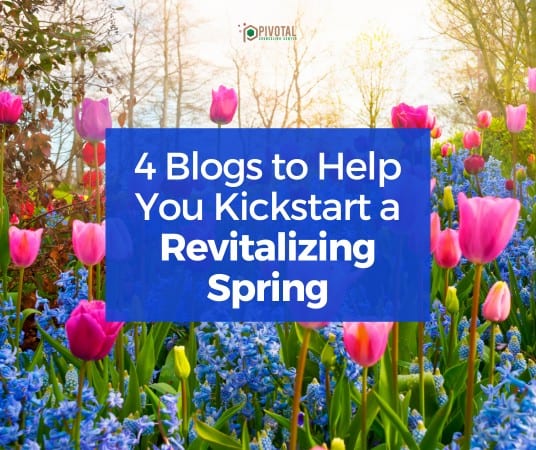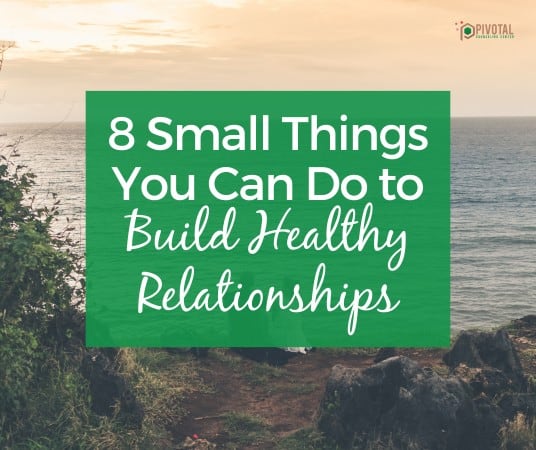
Building healthy relationships takes time and effort. Strong relationships are built on the everyday moments that accumulate over time. However in the midst of the day to day shuffle, those small moments can be easily put to the side, which can eventually lead to relationship conflict and disconnection. This is true of all relationships, but especially for romantic relationships.
Of course, sometimes there are relationship issues where small gestures aren’t going to cut it. But for many relationships, finding time to focus on building up everyday moments of connection and affection can make a huge difference.
There are always periods in life where things get in the way of tending to your relationships. If that’s the case for you, don’t be too hard on yourself. It happens to everyone, and just because that’s how things are now, doesn’t mean that’s how things will be forever. If the lack of closeness in your important relationships is something that causes you distress, you can always start with small actions to rebuild that connection. Healthy relationships are possible.
Relationships don’t always require grand gestures. Healthy relationships are built on small, everyday actions that help us feel loved and seen. If you’re wondering where to start, try these 8 ideas:
Show appreciation
Our brains naturally try to focus on the negative, as a survival mechanism that’s left over from when we were running away from predators. Remembering where danger was kept us safe back then, but today it can lead to some upsetting patterns of thinking. It’s much harder to remember the positive things that happen in our lives than it is to remember the negative things. That’s why it’s important to actively seek out the positive – both in your life and in your relationships.
Taking time to let your partner know what you appreciate about them can help strengthen the bond you have with each other. It’s also a good way to fill your partner’s emotional bank account regularly, so that when negative things do come up, it doesn’t get drained.
Practice active listening
It’s easy to feel defensive when you’re in the middle of a conflict with your partner. It’s natural to want to defend yourself from the things they’re saying, or to offer explanations as to what’s going on. Those urges, however, get in the way of active listening.
When you’re listening actively, you’re listening to understand, not to respond. Don’t even worry about what you’re going to say next, until it’s your turn to speak, so you can spend your time focusing on what the other person is trying to tell you.
Respond to bids for connection from your partner
When your partner makes an attempt to connect with you, it’s known as a bid. These bids for connection happen all the time in relationships, but for many couples, it’s easy to dismiss them or not notice them altogether, which tends to leave partners feeling distant from each other. A bid can be anything – a loving touch, a look, a question, a statement, a joke.
When you and your partner make these bids for connection to each other, it’s important to turn towards it and respond instead of ignoring or dismissing it. These small moments of connection make it feel like you’re on the same team instead of working against each other.
Spend time apart
Another thing that can be helpful is to take some time for yourself regularly. Not only will this give you time to practice some self-care for yourself, but you’ll have more to talk about when you are together. Even when you love someone very much, it’s hard to be around them 24/7. This is especially important because lots of people work from home now, so there might be less opportunity to spend time apart.
Try taking some time for yourself to focus on meeting your needs – maybe spending time with friends that are just yours, working on enjoyable activities or hobbies, or even just taking a nap can help.
Enjoy the small things
The little moments are what make up healthy relationships, so make an effort to notice those moments and enjoy them. It can be easy to miss out on those little moments when you’re going through the busy day to day routine that life requires, so it might take some effort to tune in and notice those small things. You don’t have to be perfect – it’s hard to do! But even just making an effort can help you notice the little things that have built up your relationship with the person you love.
Try not to make assumptions
Assumptions can get in the way of truly listening, and they can lead to defensiveness and further conflict. Remember, your partner is not a mind reader, and you’re not either. Do your best to avoid making assumptions about their motivations. Ask questions to understand what your partner is saying and feeling instead of jumping to conclusions.
Try new things together
A fun way to bring a new spark to your connection with your partner is to try new things together. Trying something new can be fun, it can help you learn new skills (which is good for your brain!), and it gives you something to bond over and enjoy with each other. You don’t even have to do anything super fancy like take a professional cooking class or sign up for a course. You can find tons of inspiration for new skills on platforms like YouTube or Skillshare so you can dip your toes into new adventures.
Be accountable
This one is hard, but it’s key to having healthy relationships. Holding yourself accountable when you make a mistake or hurt someone is an important way to build trust in relationships. We all make mistakes and hurt the people we care about, even when we don’t mean to. Knowing how to own your side of what’s going on and apologize sincerely can help lessen resentment and anger, and make it easier to repair after conflict.
Are you looking for ways to improve your relationship? Couples counseling can make a big difference, whether you’re going through a crisis or just looking for ways to strengthen your foundation. Our couples counselors in Woodstock, Lake in the Hills, and Elgin are accepting new appointments. Contact us to get started.
Pivotal Counseling Center is now accepting Medicaid including Blue Cross Community Medicaid, Meridian Medicaid, and Molina Medicaid for outpatient counseling.

